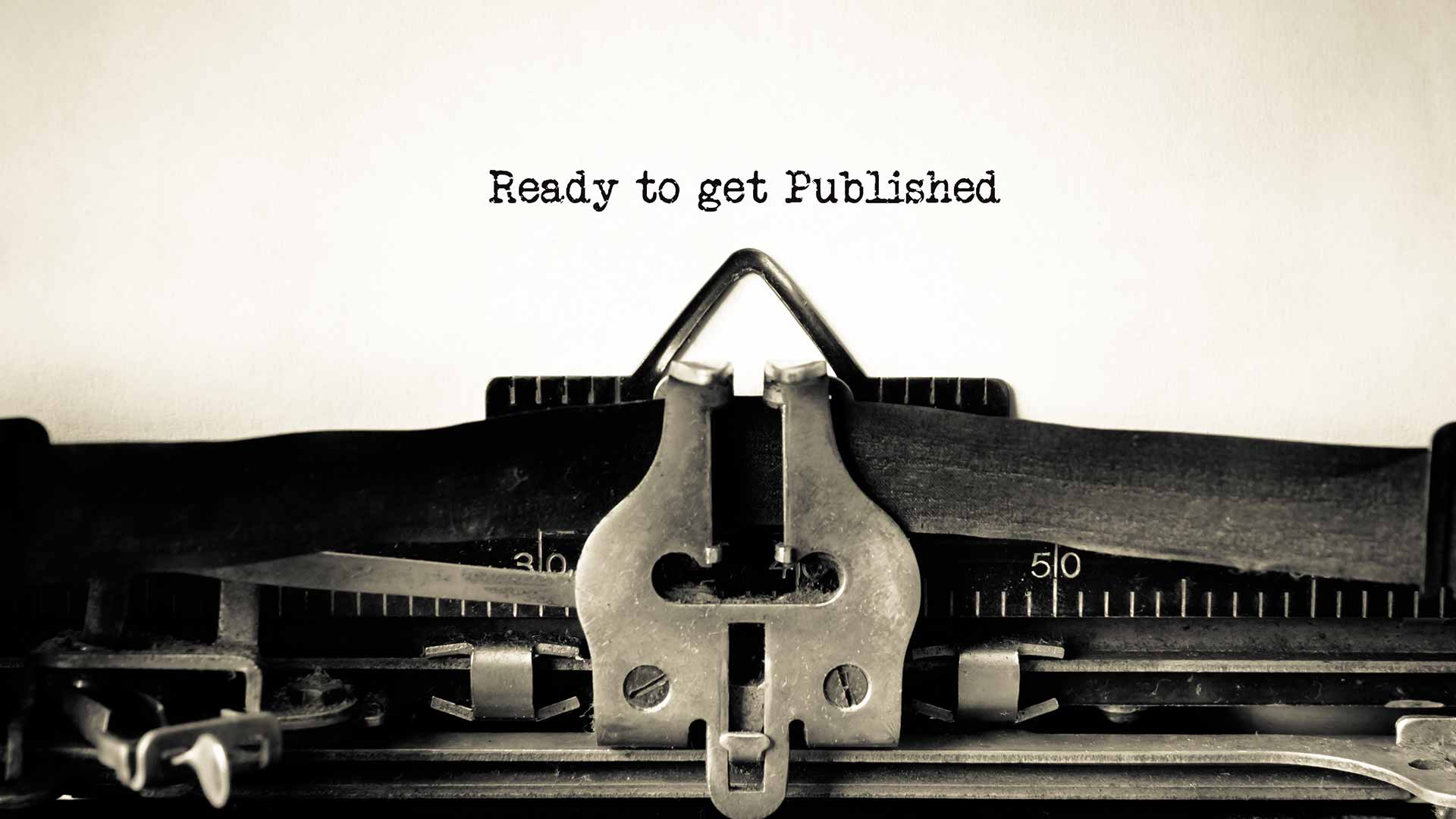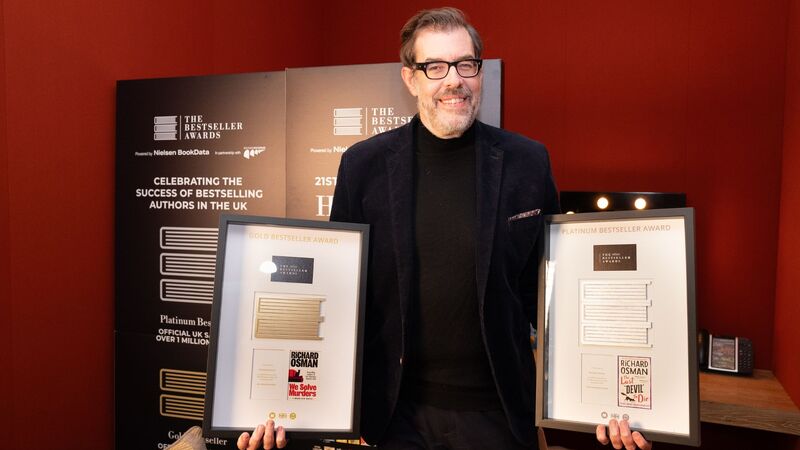You are viewing your 1 free article this month. Login to read more articles.
Turning traditional
Many indie authors still dream of being traditionally published – but if it happens, the adjustment can be tough.
I had been happily self-publishing for over a year when I landed a traditional deal for The Cellar. The process was smooth at the start with both parties quickly agreeing on the structural changes needed in my manuscript. It had been my dream for such a long time to see my books in stores that I didn’t think much about the differences between indie and traditional.
Although I was thoroughly enjoying the process, meeting a wonderful team who were just as enthusiastic to bring my book to life, I did quite quickly realise that my experience was indie specific, and trad was a whole different ball game.
I assumed, rather naively, that it would be a similar process, and I’d sail through it. After all, I’d had plenty of experience, having published three books already. I knew how to take a book from an idea to Amazon, and I’d done it mostly on my own. This time I was going to have an entire team and publishing house behind me. Surely that would be even easier than going it alone?
There is a certain level of confidence needed to write. You have to be sure of your book and believe in yourself. That was something I was gradually getting better at, though it’d never come easily. I was finally at a point where I believed that the transition would be as smooth as those early talks about tightening the plot.
I would quickly find out just how different the two processes are. Now, my editor and every person involved in my novel at Sourcebooks were fantastic. They clearly explained expectations and instructions at each stage, so I knew what I had to do. Editing The Cellar was straightforward, which probably strengthened my belief that the whole transition would be easy. Creating books was always the part I was most passionate about. The only real difference being the number of people who were involved in the editing of The Cellar. I had one or two people work on my indie books, now I was seeing a few extra names in editorial notes. While this wasn’t a huge difference, it did make me pause for a second. There were a lot more people working on The Cellar than I first thought, which did increase the pressure I felt to deliver perfection at each stage.
There were more people counting on me now. If editing wasn’t flowing, I could no longer push deadlines back as often as required. There was no finishing each draft and then booking editing in. I had dates set for different drafts and people counted on me to deliver on time. That was the moment I realised the full control I once had over the publication of my books was gone.
There were more people counting on me now. If editing wasn’t flowing, I could no longer push deadlines back as often as required.
When it came to publication date I was told when it would be. It was something that I would have to get used to because my books weren’t the only ones Sourcebooks were publishing. I wasn’t their only author. I had to, rightly, fit into their schedule too. There was compromise required that I hadn’t needed before. When I was indie, I made the rules. My release dates fit in with my life. What date didn’t clash with an event or holiday? When was a quieter month? It was all up to me. Now I had to ask myself what I could rearrange to make deadlines and be present for releases. For me, it was a small price to pay. I wanted that traditional deal.
We ploughed ahead to the cover design. I’m eternally grateful that the six covers offered as options were all beautiful. I’m not sure how I would have handled being told the cover wouldn’t be my favourite. I was starting to get used to compromising and accepting that my book wasn’t just mine anymore, but I definitely wasn’t ready to battle for something I desperately wanted. I didn’t even know how. Thankfully my publisher was incredibly courteous, checking in to see how I felt about dates and what promotion I was comfortable with. Which led me to the panic of traditional marketing, the part I found most challenging… and still do to this day.
Since I’m in the UK everything was done via Zoom. My only experience of marketing, and what very much worked back then, was blogs and being active on Facebook. There was an abundance of book-related groups. I could post about my release with a cute picture a few times a week, engage with anyone who’d commented, and be done. Now I would be speaking to people live. My pure awkwardness was going to be unveiled to anyone who wanted to watch. I can still feel the pounding of my heart when I think back to the first time I discussed my release online. It was something I’d have to get used to though, it’s just the way marketing for traditional books works. To this day the part I still struggle with most is post-release marketing. The nerves never really get any better, I just get better at discussing my books despite them.
Continues…
Overall, I wouldn’t change a single thing about my journey. I have learnt so much, and now I’m comfortable as an indie and traditional author. My earlier experience prepared me for a move to a larger publisher, Random House, and most recently a dream deal with Hot Key Books, where we got to tweak the book and cover for the UK market. I’m so thrilled to continue my UK traditional journey with Hot Key Books and learn the difference in process between the two territories.
Though I have no doubt that there will be more compromise required with two publishers, I’m confident that I will be able to open a clear line of dialogue with both. So if you’re in the position I was 10 years ago, wondering what traditional looks like in comparison or, like me, assuming it would be the same, then I would say have an early conversation with your publishing house. Find out their process and what is expected of you so there are fewer surprises along the way. Get yourself into the best position to be able to sail, even during choppy deadline seas, through contracts to post-publication. Most importantly, enjoy this new journey. After all, it’s what you’ve worked so hard for.
The Party by Natasha Preston is out in paperback, 2nd January 2025, published by Hot Key Books.




















